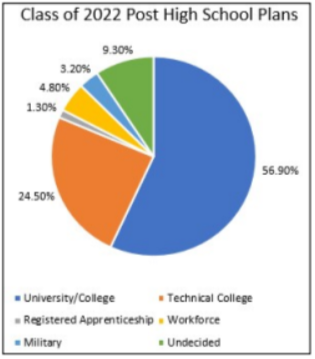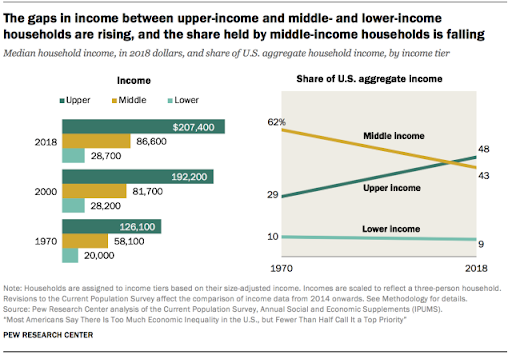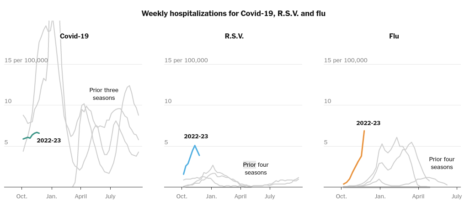Do absences really mean kids are “lazy”?

January 11, 2023
As a kid who has had 21 absences typically every year since being in school, I know what it’s like to fall behind on work and get overwhelmed. But, it’s so much more than that with a good amount of underlying factors. Absenteeism is typically based on family, mental health, and academics.
Mental health
According to the Center of Disease Control and Prevention, 1 in 3 high school students struggles with mental health. High school students from varying schools in Wisconsin volunteered to answer a series of questions from my poll. Around 8 students answered the poll questions, but the question that stuck out the most was “why do you miss school?” The student’s answers consisted of 2 students saying friends, 1 said people, 1 said work, and finally, someone said it was dumb. These are real students pointing out that they miss school due to mental health, if you’re overwhelmed or having trouble with your peers it affects your mental health. A quote from the article The School Absenteeism among High School Students: Contributing Factors says, “The findings of this study revealed that student absenteeism is negatively related to personal factors such as academic self-perception…goal valuation and motivation/self-perception.” This shows that student absences are impacted by mental health. In an interview, a 10th-grade student from Rosholt High School expresses, “I’m either actually sick or emotionally exhausted and need a break[from school].” This illustrates mental health is a factor in students missing school. In another example, a 10th-grade student from Rosholt states, “Yes, I believe that kids fall behind on homework and just fully start to give up from being overwhelmed…” This provides an understanding of mental health and stress from an actual student.
Family
Another underlying factor that affects students academic performance and absenteeism is their family. The article The School Absenteeism Among High School Students: Contributing Factors confirms “Findings Also showed that students, whose parents have low educational levels and low income, are more likely to have a high level of school absenteeism.” This confines an example of why the family has something to do with absenteeism. A 10th-grader at Rosholt believes , “…SPASH has more kids which gives more variety on why they miss school compared to a small school.” This displays the idea that our bigger school has more differences in our families due to a large number of people compared to Rosholt.
Academics
What if absenteeism was caused by the school itself? The article, The School Absenteeism Among High School Students: Contributing Factors supports “…students who have negative academic self-perception, negative attitude toward school teacher and school, lack of motivation and goal, have the highest probability absences from school.” This illustrates how students feel about themselves academically and plays a huge factor in their absences. They believe that they dont need to go to school. If they don’t like the people in it or believe they can pass, why would they feel the need to attend.
Conclusion
Concluding the research done on this topic. It displays that mental health, academics/academic perception, and family has a leading impact on why students are absent. If you need help with mental health, reach out. SPASH offers many resources for our mental health. And for academics/academic perception, practice creating a safe environment for yourself at school and for goals. Having a plan and practicing good perception will help lead you to success.
































































Josue • Jan 19, 2023 at 11:10 AM
I honestly enjoy the topic this article went over because I personally have had a detention from a certain amount of tardies. I know i’m not always late to classes so to me it made no sense why I had detention. Taking a poll to figure out the reasons kids are late was great. Amazing job on the article.
Stephanie • Jan 19, 2023 at 11:06 AM
Jade, I like how you involved the mental health crisis, and had the evidence to show that it’s not really your fault if you don’t like or can’t bring yourself to go to school. I think by doing the comparison between SPASH and Rosholt, you really added a new level to the article.
Sawyer • Jan 19, 2023 at 10:16 AM
I really enjoyed reading this article because I know I’m not a lazy person because I am very active. somedays I get dropped off at school a little late so I rush to class, some days I don’t make it but I still get marked tardy for something I can’t control.
Grant • Jan 19, 2023 at 10:03 AM
To the author, I think you touched on a very important topic that goes overseen sometimes. Taking a poll and figuring out what the reasons kids miss was very cool to see because it made your article feel like it means even more. Great job on your article!